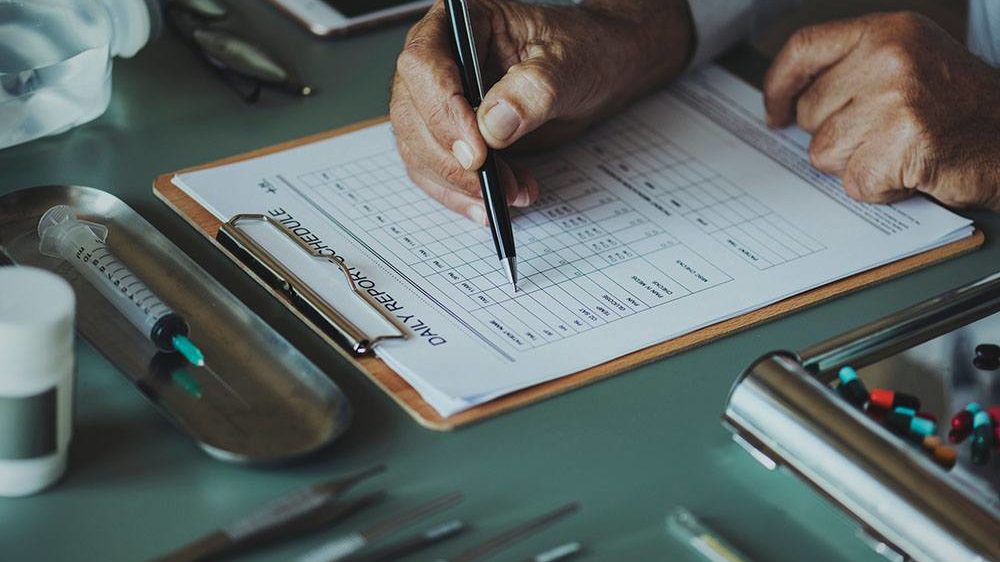There are a variety of different treatment options available for individuals struggling with substance abuse and/ or addiction. The two most common types of substance abuse and addiction treatment programs are inpatient treatment programs and outpatient treatment programs. Every program differs and within each treatment structure, there are a plethora of variations. While it is phenomenal that there are a wide variety of treatment programs available that support both general and specialized needs, the enormous number of options can create confusion during the selection process. For individuals with specialized needs (i.e. dual diagnosis) prior to committing to a treatment program it is important to do due diligence so as to assure the program selected is able to provide services needed to fully support the individual in treatment with his or her recovery process.
Inpatient Treatment Centers
Individuals that attend inpatient substance abuse and/ or addiction treatment programs are required to reside at the treatment facility for the duration of the program. As such, inpatient treatment programs are generally considered to be a more immersive experience, than an outpatient treatment program alternative. Inpatient treatment programs offer patients twenty-four-hour supervision and support. Teaching residents how to shift unhealthy habits and patterns that had developed during active substance use is essential to one’s recovery. Attending an inpatient treatment program provides an individual with the opportunity to practice implementing healthy changes in a safe and controlled environment. Inpatient treatment program, by nature, reduce the presence of many known and unknown triggers that an individual may encounter when remaining at home. The exact therapeutic modalities that are offered at inpatient treatment programs will vary amongst programs. In addition to the various therapeutic methods that are offered, regular exercise, healthy eating habits, obtaining ample sleep, and rejuvenating self-care practices are integral components of inpatient treatment programs.
Outpatient Treatment Centers
Although the immersive experience of an inpatient treatment program can be beneficial to an individual’s recovery process, an outpatient program can yield equally successful results. Outpatient treatment centers provide substance abuse and/ or addiction treatment to individuals without requiring the individual to reside at the facility. Depending on the outpatient treatment program selected, the individual will be required to attend a predetermined number of daily hours over a specified period of time. Outpatient treatment programs can last anywhere from fourteen days long to six months long, and in some cases longer. Akin to inpatient treatment programs, outpatient treatment programs offer many different therapeutic modalities, depending on the specific program.
Therapeutic Modalities
The various treatment program structures may differ, but the types of therapy relied up when treating an individual for substance abuse and/ or addiction remains the same. Every individual is different and will benefit from a customized treatment plan when it comes to his or her treatment for substance abuse and/ or addiction. There are common types of therapeutic modalities that are implemented into treatment plans. Certain psychotherapy modalities that are commonly integrated into treatment plans include cognitive behavioral therapy (CBT), dialectical behavioral therapy (DBT), psychodynamic psychotherapy, mindfulness-based therapy, creative arts therapies, group therapy, and/ or family therapy. It is also common practice for clinicians to combine various psychotherapy approaches.
Aftercare
Every individual that has successfully completed a substance abuse and/ or addiction treatment program, regardless of the type, must adhere to his or her aftercare plan. An aftercare plan is a plan developed during a treatment program that outlines various recommendations and guidelines to assist in maintaining sobriety post-treatment. Depending on the needs of the individual, aftercare plans can range from extremely detailed (i.e. creating comprehensive daily schedules) to vague (i.e. general recommendations for attending support groups). While aftercare plans may seem excessive, following them can be integral to an individual’s continued recovery.
For Information and Support
If you are concerned for yourself or a loved one in regards to substance abuse and/ or addiction we recommend reaching out for help as soon as possible. If left untreated, substance abuse can result in long lasting and potentially life-threatening consequences. Keep in mind: you are not alone! There is an entire network of professionals that are available to help and support you and your loved one throughout the recovery process. The earlier you seek support, the sooner your loved one can return to a happy, healthy, and fulfilling life.
Please do not hesitate to reach out with any questions regarding our specific program at Haven House Addiction Treatment and/ or general substance abuse and/ or addiction treatment related information. Our highly trained staff is readily available to discuss how we might best be able to help you and your loved one.



